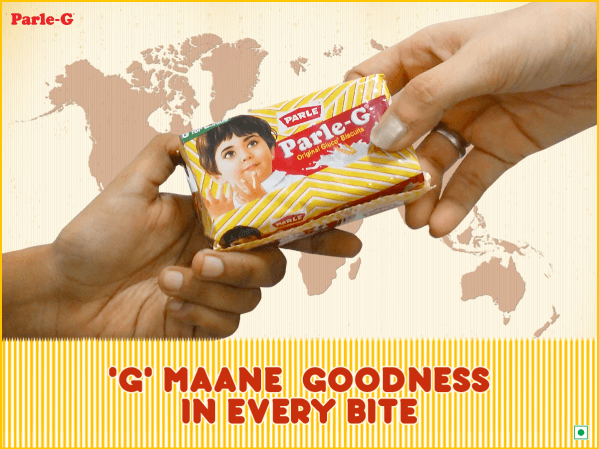
Days after reports emerged that India's leading biscuit maker -- Parle Products Pvt Ltd -- is likely to fire as many as 10,000 employees due to the slump in consumption, the firm's senior category head Mayank Shah has clarified that no jobs have been cut at the company yet.
Speaking to BTVI, Shah stated that job cuts are only an eventuality that the company may look at if the current economic slowdown continues.
"Not a single job has been lost. We are not looking at job losses right now. We are talking about an eventuality. This issue has probably been blown out of proportion," said Shah.
He further added the biscuit industry has been severely affected due to GST as the consumers are "thinking twice before even buying a Rs 5 packet".
"The biscuits which are priced at Rs 100 per kg and below, were exempted from excise prior to GST. When we migrated to GST, these biscuits were clubbed with premium ones that are sold for more than Rs 100 per kg. So they were subjected to the tax rate of 18 percent. As a result of this tax, companies were forced to implement a price hike," Shah said.
The sales of Parle G has since declined by 7- 8 per cent. Shah said that because of the decline, there is going to be an excess of 7 - 8 per cent manpower. The company employees around one lakh people, directly as well as indirectly.
Reports published earlier stated that a sharp drop in Parle's biscuit sales could lead to the company having to slash production, resulting in layoffs of 8,000-10,000 people.
"The situation is so bad, that if the government doesn't intervene immediately ... we may be forced to eliminate these positions," Shah had said earlier.
Parle, which has an annual revenue of above $1.4 billion, held talks over the past year with the government's GST council as well as former Finance Minister Arun Jaitley, asking them to review tax rates.
Parle is not the only food product company to have a slowing demand.
Varun Berry, managing director of Britannia Industries Ltd, Parle's main competitor, said earlier this month that consumers were "thinking twice" about buying products worth just 5 rupees.
"Obviously, there is some serious issue in the economy," Berry had said on a conference call with analysts, reported Reuters.









